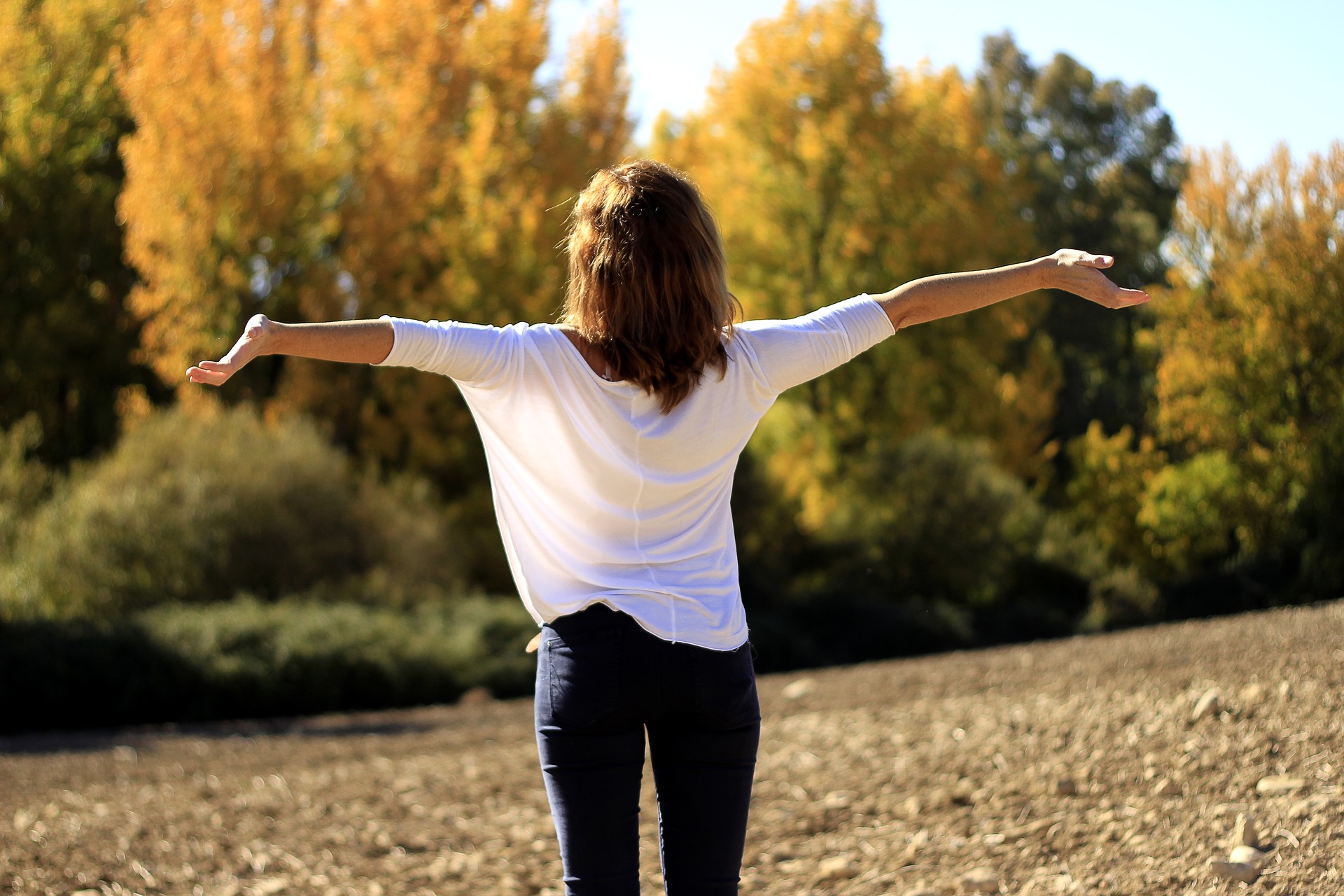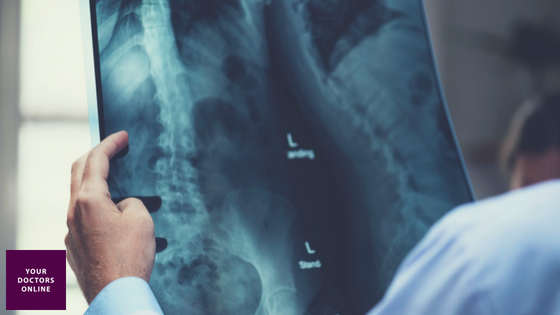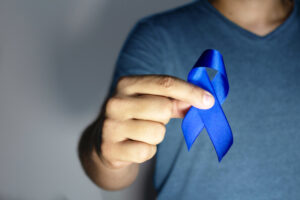International Women’s Day is a moment when women around the world reflect and look toward the future with empowerment. It is also a day women can look back on how far they’ve come in their personal lives. Women cancer survivors are of course among the strongest.
How Will You Celebrate International Women’s Day
There are certainly plenty of fantastic accomplishments many women have made to the world in 2016. In Ottawa, Canada there will be the award ceremony for the Femmy Awards on International Women’s Day. And around the world other womanly achievements both large and small will be recognized.
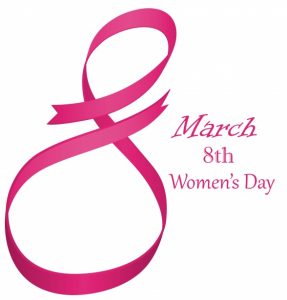
We want to take a look at cancer survivor stories to further the point on how truly amazing and powerful women are. The world would certainly be a less beautiful and balanced place without them.
Whether for inspiration for your own cancer battle, or to celebrate the true strength of women, the below cancer survivor stories are exceptional for International Women’s Day 2017.
Colleen Breast Cancer Survivor
Colleen’s story began when she was diagnosed with stage four breast cancer in 2007. However, she is a true inspiration to others this International Women’s Day. From changing treatment centers to engaging the community, her long road led to survivorship.
Colleen’s story . . .
Since the day I was diagnosed with Stage 4 metastatic breast cancer in February 2007, I have been wrestling alligators. Not literally, of course, but figuratively as I step away from my family and friends to receive difficult treatments and tests, face harsh news and look deep into my soul. I have no formal training wrestling alligators; I’ve never studied technique. But here I am, fighting matches and celebrating hard won victories.
I was dumbfounded when I was diagnosed with Stage 4 breast cancer. I couldn’t believe that at age 44, after lifelong vigilance about my health and steadfastly showing up for regular mammograms and sonograms, I not only had cancer, but it had metastasized throughout my bones. I had bought into the battle cry for early detection and tried to practice it. How could this be?
It’s been a rough road and along the way I have tried to expand my options by exploring ways to supplement my traditional medical treatments. I believe that as odd as my diagnosis had been, my cure can be just as odd. I tried repeatedly to speak to my oncologist about incorporating various modalities of holistic treatments into my “game plan,” but he did not agree that it was necessary. I was positive I needed much more than the standard protocol to successfully wrestle this alligator.
So in February 2008, one year after diagnosis, I made a huge decision: I switched cancer centers. It wasn’t a simple drive down the road, either. I overcame my travel phobia, packed my bags and headed to a facility out of state, where I was sure I’d get what I personally needed.
I started on a more holistic approach to my disease, which included the same medical treatment but added spiritual, nutritional and mind-body medicine as well. I regained the strength to go back to work on a part-time basis and received affirmation that my hope was not misguided. My cancer is not waning altogether, but has shown a remarkable decline. With this more integrative approach, I feel much more empowered and optimistic.
I continue to inject my somewhat off-center sense of humor into all that I do and, along the way, I have made more good friends than I thought was humanly possible. I have cancer; cancer does not have ME. Each one of us is only a test away from being told we have late stage cancer. I want my daughter and her generation to have more hope and more options so they don’t have to wrestle the alligators.

Danielle Liver Cancer Survivor
Another notable survivor of breast cancer this International Women’s Day is Danielle. Danielle began her journey when she was diagnosed with liver cancer at the young age of 28. She battled several times to overcome and survive.
Danielle’s story . . .
It took me nearly two years and 20 doctors to learn that I had liver cancer at the age of 28. With no risk factors, nothing could have been further from my mind – or my doctor’s – when I went for a medical workup prior to having a liposuction procedure. Who would have thought that being vain would save my life?
My blood tests indicated anemia, but since I had no other symptoms, there appeared no serious cause for concern. Subsequent checks by more doctors, however, led to red flags on tumor markers, more tests and then discovery of two tumors on my liver, the largest the size of a small melon.
I was living in my home country of Brazil at the time. Once the masses were detected with an ultrasound, my doctors pressed quickly for surgery. During the operation, I lost a tremendous amount of blood and nearly died. It wasn’t until my follow up visit, weeks after the surgery, that I learned that one of the masses was malignant. I received two rounds of chemoembolization, my enormous scar healed, and then, after five years of clear scans, I was declared “cured.”
With a new lease on life, I married in March 2007 and moved to Maryland. On a visit home to Brazil for the holidays that year, I had another scan and this time, another tumor was visible. So much for being cured. After many conversations with my family, we determined that the best course of action for treatment was for me to stay with the doctors who knew me and my history best—the doctors in Brazil.
Remaining there for the surgery and recovery meant that my husband had to take a two-month leave of absence from his job in Maryland so that he could stay by my side and fill the role as chief advocate. That was no small task, especially since he did not speak Portuguese. My second operation was not nearly as debilitating as my first and, thankfully, recovery was a lot quicker. I returned to the U.S. and for the past year and a half has had my follow up scans performed at Johns Hopkins in Baltimore.
When I first learned I had cancer back in 2002, I missed having other cancer survivors my age to talk to about my illness. My family and friends were terrific, but I wanted to speak with others who could relate to life with cancer. I also wanted to find a way to use my experience to help others, so when I was diagnosed a second time, I took it as a sign to reach out.
I became active at the Ulman Cancer Fund for Young Adults in the patient navigation program and, a few times a week, I visit patients while they are in the hospital waiting for or recovering from transplants or chemotherapy. I am constantly inspired by my new friends and their families, many of whom have taught me that there is dignity in suffering and beauty in death. I truly believe that I get more out of the program than I give.
While I appreciate everything I have learned from a very painful but incredibly rewarding and life-changing experience, I am also determined not to let cancer or the fear of it rule my life.
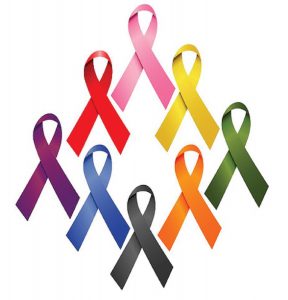
Cindy Colon Cancer Survivor
It is important to reflect on the strength and determination women possess this International Women’s Day. Cindy’s story began when she turned 50. She fought and survived.
Cindy’s story . . .
My life is a testament to the value of routine colonoscopies. When I turned 50, my physician urged me to have a baseline colonoscopy. I had spent my life taking good care of myself, maintaining a healthy diet and exercising regularly. There was no history of colon cancer in my family and no reason to suspect that anything was wrong, but I followed my doctor’s advice. My doctor offered to make the appointment for me and I agreed. Thank goodness I did. The decision I made that day saved my life! I was incredibly lucky.
My colon cancer was only in stage one with no involvement outside the colon so I did not have to have chemo or radiation treatment. I opted to have my surgery at the Cleveland Clinic some distance from my home. The operation went well, but on the return trip home I began to experience severe pain.
At Indiana University Hospital in Indianapolis, we learned that my resection had leaked, which occasionally happens with colon resections. The leak meant 28 more days in the hospital for treatment and recuperation. It was a difficult time, but I still count my blessings.Of all the choices I have made in my life, agreeing to a colonoscopy is clearly one of the most important.
This routine screening saved my life and I feel so lucky to be able to share many more years with my wonderful husband, family and friends. Obviously, I feel very passionate about the importance of routine colonoscopies, so I have made it my mission to share my story so that other lives might be saved. I urge everyone I know to step up for the test beginning at age 50. My message is that with early detection we can successfully fight colon cancer. I am living proof.
To read more cancer survivor stories like the ones above, you can visit the National Coalition for Cancer Survivorship website. These stories of strength are certainly inspiring, and they represent what it truly means to be a woman. We want to thank all women around the world for their love, strength, compassion, boldness, and continued struggle for equality.
Submitted by Dr. Richard Honaker: https://www.independentmedicalexaminer.com/IME-Directory/Virginia/Dr-Richard-A-Honaker-MD.asp
